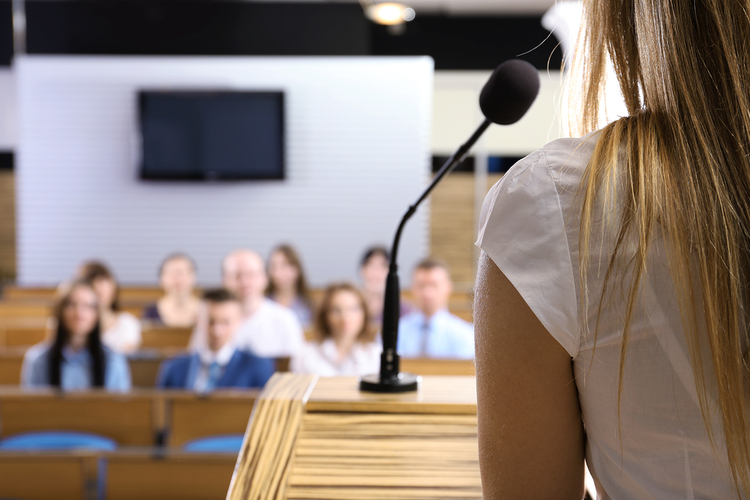
Debating in the Classroom

Learning can be a mundane task for students when their lessons only consist of listening and digesting information. In some cases, this can be enough to understand the curriculum and nothing more, but using debating in class can develop skills that can be used in day to day life as well as in the classroom. The skills that are focused on through this technique are those such as; research skills, different sources, credibility, critical analysis, confidence and the presentation of personal arguments and conclusions. Debating in the classroom shouldn’t be thought of as a formal activity but rather the chance for students to engage with subject knowledge in a meaningful and critical way.
Setting up a debate in your classroom:
Assign the main debate topic and allocate the contrasting viewpoints to groups or as individuals.
Students should be given enough time to thoroughly research and obtain information for their assigned points of view.
During the debate, the teacher should be allocated the role of neutral observer to decide which side gave the ‘better argument’. (The teacher can also use this role to keep the debate on topic).
Follow up the debate with work such as essays or tests as usual to assess the topic presented in the debate.
The first question that is usually asked by teachers, especially in those subjects such as maths and science is how can a debate be incorporated into a mostly fact-based lesson? Religious Education and in the rare cases where Government and Politics is taught, it is easy to see how debates can be used effectively in class. The main thing to remember is that debates have no boundaries, from economics to evolution any topic can have contrasting viewpoints. Having a good theme in mind is essential to creating an interesting discussion.
Concern about how competitive discussions can get very heated and intense is understandably the main reason teachers are put off using this method of teaching. To evade the dialogue getting out of control the above model can be adjusted slightly; rather than having a ‘winning side’ or a ‘better argument’ assessment should be focused on the significance of each contribution and the use of evidence and research findings. Another technique to tackle this issue is having each group present a different side to an argument and assigning the task of working as a collective to find a solution that works for both sides.
By working as a collective in class, students can integrate and increase their cultural awareness. Especially in very multicultural schools, coming together in this manner allows them to ask each other questions and fully understand why a person may or may not take a specific stance on certain issues. Analysis and evaluation of academic topics as well as social issues are developed through this communication between pupils.
Once the main debate is over, time to regroup is essential. It gives the students time to reflect and ask further questions about any concerns that may not be fully understood. Feedback on the debate and what the teacher thought overall should be conducted as the dust settles after points have been thrown back and forth. If an assessment has been decided to take place it should be conducted at the end of the session.
The benefits of debating activities in lessons are vast. Not only do students expand on academic skills such as; practical communication, reading, writing and study skills but they can also begin to apply what they learn to their lives outside of school. As students get older and begin to learn how to think critically, most may find it challenging to see how the information they have absorbed in class is relevant to everyday life. Using the method of debating to explore subjects gives exposure to social issues when information sources such as newspapers and reports are used or when personal experiences are used as examples. This takes steps away from academic learning and giving students the chance to express their own views on an issue and follow their interests, rather than just regurgitating information.
Debating can easily bring out passion about a topic that interests a person. Once a student realises they are passionate for a particular subject aspirations to continue with higher education can be sparked. These activities can also prepare students for further education as the skills that are being developed will prove vital. The research elements in particular will help develop a university level of study like library research skills, self-managed study and time management. Furthermore, as the debate is in motion, it would be assessed and arbitrated by the teacher and students will notice when they have obtained incorrect information. In turn this will teach them to find credible sources for correct information, especially as online internet research becomes increasingly popular.

